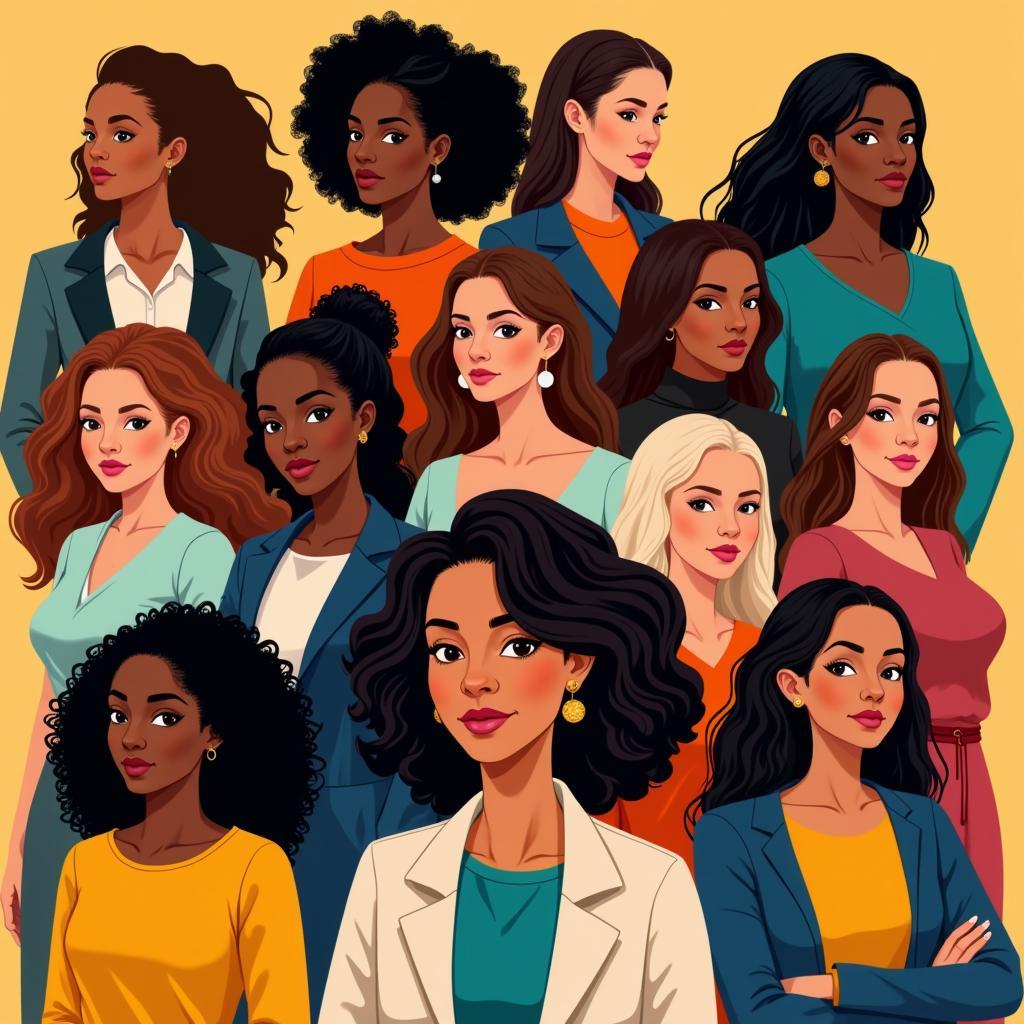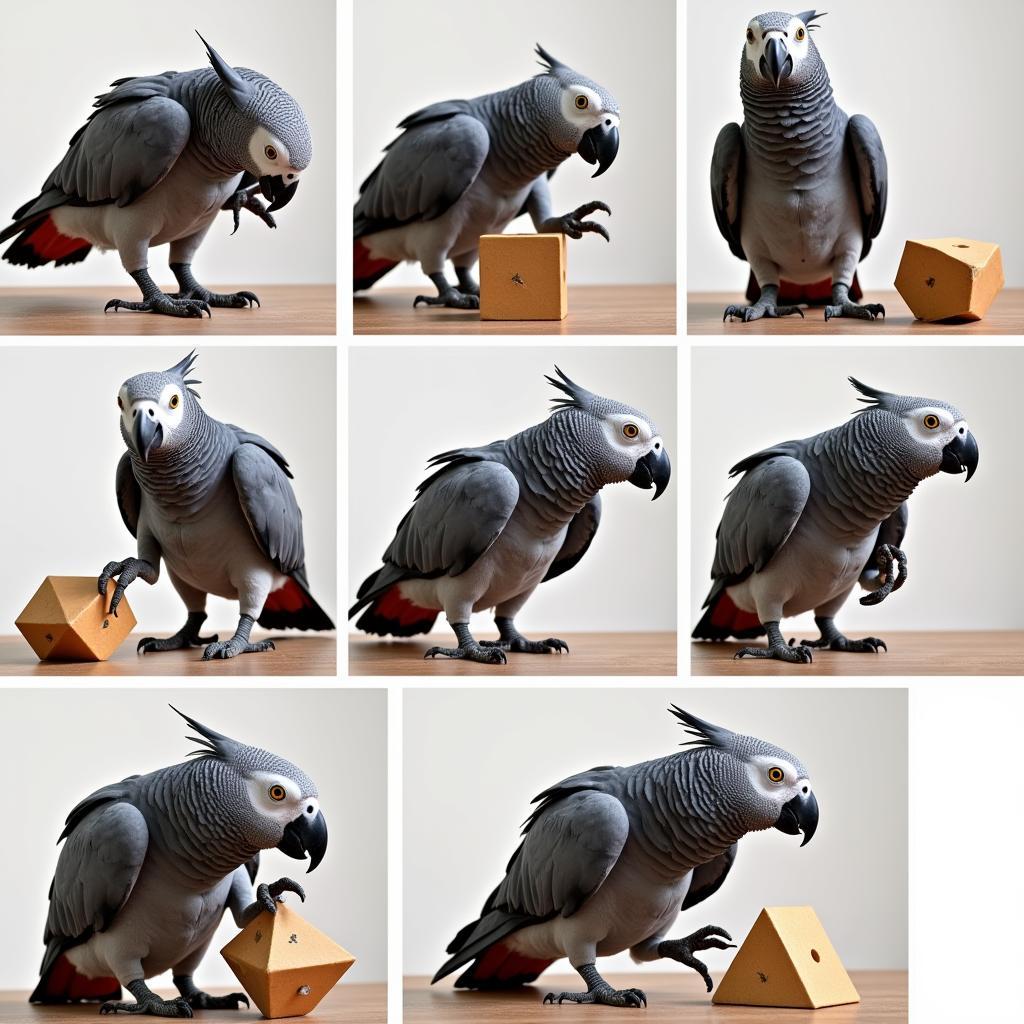The Enchanting Sounds of the African Kora: History, Music, and Cultural Significance
The African Kora, a captivating instrument with ancient roots, holds a place of honor in West African musical traditions. Its unique sound, resembling a blend of harp and lute, has captivated audiences for centuries, carrying stories, histories, and emotions through its enchanting melodies.
A Bridge Between Past and Present: The Kora’s Rich History
Believed to have originated in the Mali empire sometime between the 11th and 14th centuries, the kora has a rich and storied past. Often associated with the Manding people, particularly the griots, the kora served as a tool for preserving history, transmitting knowledge, and entertaining royalty. Griots, the hereditary musicians and storytellers of West Africa, played a vital role in society, using the kora to accompany their tales of kings and heroes, love and loss, wisdom and folly. Passed down through generations, these musical narratives kept history alive, creating a vibrant tapestry of sound and storytelling.
Anatomy of a Musical Storyteller: Deconstructing the Kora
The kora’s unique design reflects its cultural significance and musical versatility. Crafted from a large gourd resonating chamber (often covered with animal skin), a long hardwood neck, and 21 strings, the kora presents a visual testament to craftsmanship. Its strings, traditionally made from thin strips of hide, are plucked by the musician’s thumbs and index fingers, producing its distinctive clear and resonant sound. This combination of natural materials and intricate craftsmanship results in an instrument that is as visually striking as it is musically expressive.
More Than Just Music: The Kora’s Cultural Significance
In West African culture, the kora is more than just a musical instrument; it is a symbol of history, spirituality, and social cohesion. Its presence graces a variety of social gatherings and ceremonies, from weddings and naming ceremonies to religious festivals and state occasions. The music of the kora, often described as both soothing and exhilarating, has the power to evoke a wide range of emotions, connecting listeners to their cultural heritage and fostering a sense of community.
The Enduring Legacy of the Kora: Modern Masters and Global Recognition
Today, the kora’s popularity extends far beyond the borders of West Africa, captivating audiences worldwide with its unique sound and captivating performances. Modern kora masters like Toumani Diabaté, Ballaké Sissoko, and Sona Jobarteh have achieved international acclaim, collaborating with musicians from diverse genres and introducing the instrument to new audiences. Their innovative approaches to kora music, while rooted in tradition, demonstrate the instrument’s versatility and its ability to transcend cultural boundaries. The internet and social media have also played a crucial role in amplifying the kora’s reach, with videos of performances and tutorials readily available to a global audience.
Frequently Asked Questions about the African Kora
How is the kora tuned?
The kora’s 21 strings are traditionally tuned using a diatonic scale, with seven notes per octave. The tuning process involves adjusting the leather rings that secure the strings to the neck of the instrument.
What are some traditional kora playing techniques?
Kora playing involves a variety of techniques, including plucking, strumming, and using the left hand to dampen strings. Virtuoso players often incorporate rapid arpeggios, intricate rhythms, and melodic variations.
Where can I learn to play the kora?
While finding a qualified kora teacher outside of West Africa can be challenging, there are resources available online, including video lessons and instructional materials.
Exploring Further: Other Facets of African Culture
Intrigued by the vibrant world of African culture? Delve deeper into the continent’s rich heritage with these captivating explorations:
-
African Fabrics and Textiles: Discover the artistry and symbolism woven into the diverse textiles of Africa.
-
African Bull Elephant Size: Journey into the wild and learn about the magnificent African bull elephant, a symbol of strength and wisdom.
The kora, with its mesmerizing sounds and rich history, stands as a testament to the enduring power of music and storytelling in African culture. Its legacy continues to inspire and resonate with audiences around the world, reminding us of the beauty and diversity of human expression.
Need assistance or have questions? Reach out to us!
Phone: +255768904061
Email: [email protected]
Address: Mbarali DC Mawindi, Kangaga, Tanzania.
Our dedicated customer support team is available 24/7 to assist you.

